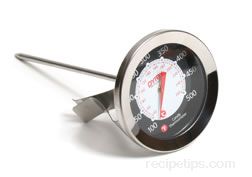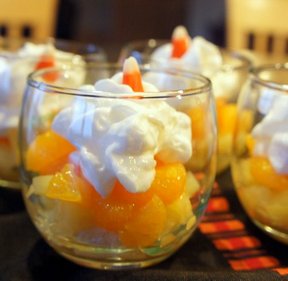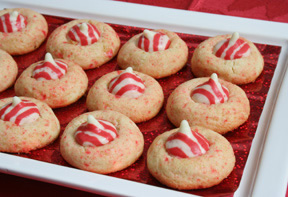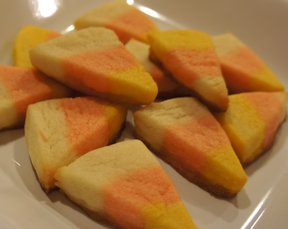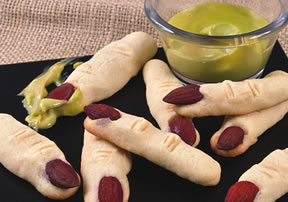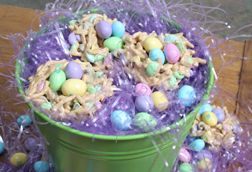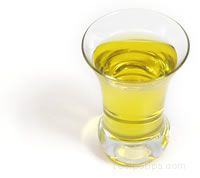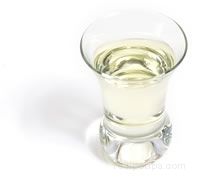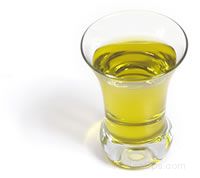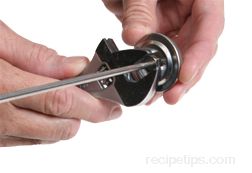A candy thermometer helps provide an easier method of achieving the accurate consistency of the different stages of candy making. The thermometer has a movable clip that is used to connect and hold the thermometer to the side of the pan. The clip is adjustable so that the depth of the thermometer can be changed for different depth pans. To achieve an accurate reading the thermometer clip must be aligned on the thermometer so that it keeps the bulb from touching the bottom of the pan. Most candy thermometers will have the different stages of candy making marked on the temperature scale. These stages correspond to the cold water test for candy making. The different stages are described as follows:
Thread – 215°F - 235°F / 108°C – 118°C: Forms a thin 2 inch thread when dropped in cold water. Used when making syrups, jelly, fruit liqueur and some icings. Soft Ball – 235°F – 240°F / 118°C – 120°C: Forms a soft ball when small amount is dropped in cold water and when removed form the water it can be easily flattened when pressed between fingers. Used when making fudge, fondant, pralines, creams, and buttercreams. Firm Ball – 245°F – 250°F / 123°C t0 125°C: Forms a hard ball when small amount is dropped in cold water and when removed from the water it does not flatten but when squeezed tightly, it will flattened. Used to make caramels. Hard Ball – 250°F – 265°F / 125°C – 133°C: When dripped from a spoon the syrup forms thick threads that when dropped in cold water will form a hard ball that holds its shape when removed. The ball holds its shape but with enough pressure it can still be change. Used when making nougat, divinity and marshmallows. Soft Crack – 270°F – 290°F / 135°C – 145°C: When syrup is dropped into cold water at the soft crack stage, it separates into hard thread but are not brittle. The threads will bend a little before they break. Used to make taffy, butterscotch and popcorn balls. Hard Crack – 300°F – 310°F / 150°C – 155°C: When syrup is dropped into cold water at the hard crack stage, it separates into hard brittle threads that can not be bent without breaking. Used to make toffee, brittle and hard candy. When the Candy and Oil Thermometer is used for deep frying it will measure temperatures ranging from 335°F to 380°F / 168°C to 193°C. The temperature is important to measure in order to keep foods from burning or overcooking, making the results achieve a golden brown coloring and an evenly crisp texture. Since oils with animal fats cook differently than vegetable oils, it is important to consider the affects of each as the cooking process begins. One of the key concerns will be to check the recipe for the suggested cooking temperature so that the smoking temperature of the cooking fat being used is not exceeded, causing the food to burn. As a general rule keep in mind that vegetable oils will most often have lower smoking temperatures than most animal fats. When selecting a Candy and Oil Thermometer a few points to consider may be:- The ease with which the thermometer can be read
- Types of display for the temperature readings such as centigrade, Fahrenheit, highest, lowest temperatures, and other relevant display options
- The minimum depth of contents that can be read by the thermometer
- The design of the thermometer so it can be kept from touching the pan bottom
- Consider the potential for use in other cooking processes such as for cooking meats, baked goods, fried foods, jellies, jams, preserves, or other foods.

